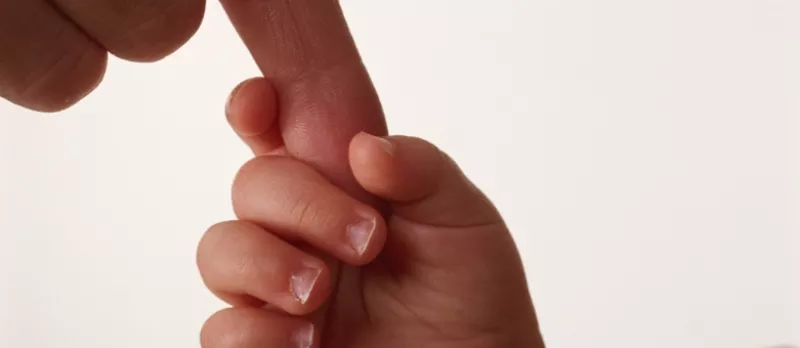The HOPE Study
uncovering answers. together.
Study Details
The HOPE study is looking at how environmental and biological factors affect healthy or adverse pregnancy and infant outcomes during the COVID-19 pandemic and afterwards. We are interested in what is happening in the lives of pregnant people with and without exposure to the COVID-19 virus. Adverse outcomes of focus include, for example, preterm birth, preeclampsia, and growth restriction in the fetus and infant.
We are interested in the experiences of all women and birthing persons. One of our key interests is in looking at the health and experiences of low-income people and Black and Brown women and birthing persons who are known to be at increased risk for adverse outcomes and often suffer the impacts of systematic discrimination and racism.
While we are no longer enrolling in the study, we are thrilled to say that we enrolled more than 400 pregnant people from around the world. To participate in the study, a person must have been pregnant, 18-years of age or older, and felt comfortable downloading and using mobile phone applications.
The HOPE study included two study cohorts:
- The survey only cohort included pregnant women and birthing persons who participated by filling out surveys during pregnancy until their baby is 18-months old. Participation in this cohort was open to pregnant women and birthing persons who lived in the United States and in other countries.
- The survey+testing cohort included pregnant women and birthing persons in the San Francisco Bay Area who participated by filling out surveys, responding to weekly study emails, engaging in Fitbit, blood pressure, pulse oximetry, and temperature measurement, and having biospecimens collected and laboratory testing done during pregnancy and at 6-8 weeks postpartum.


